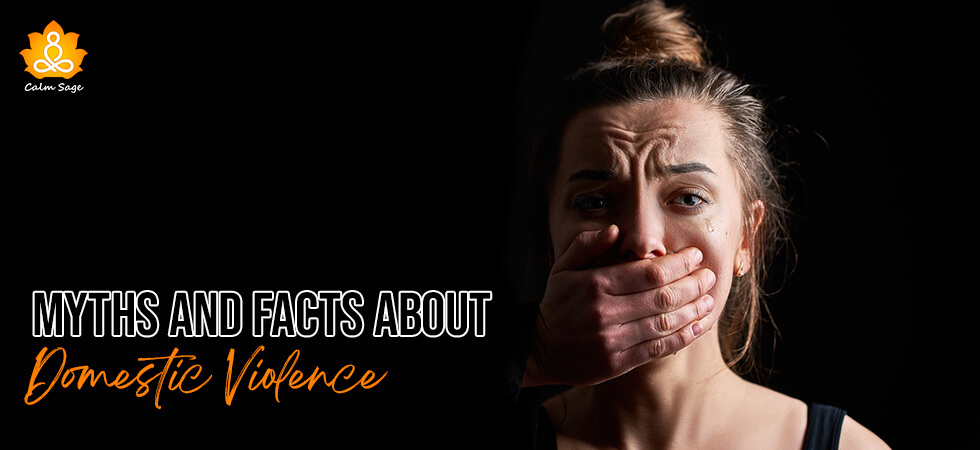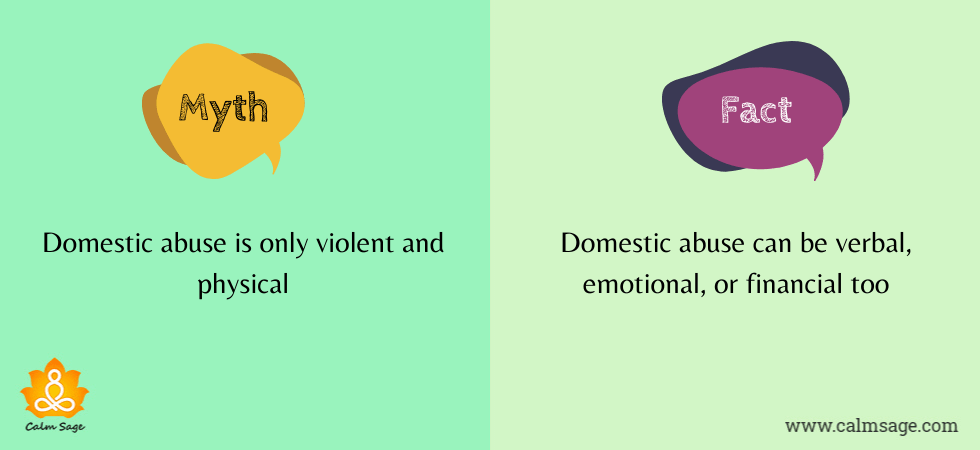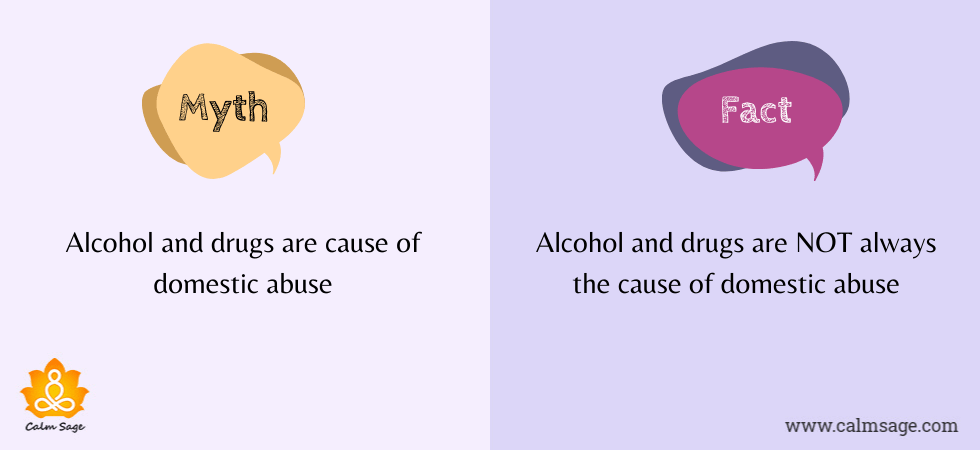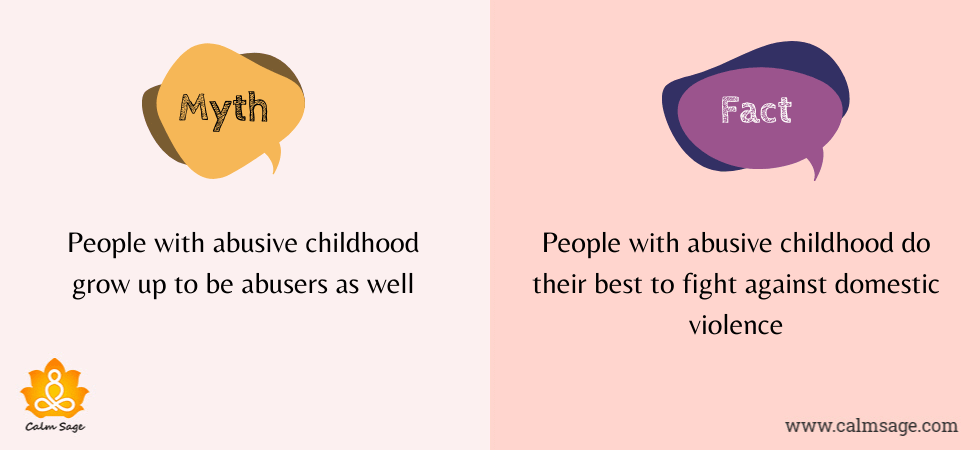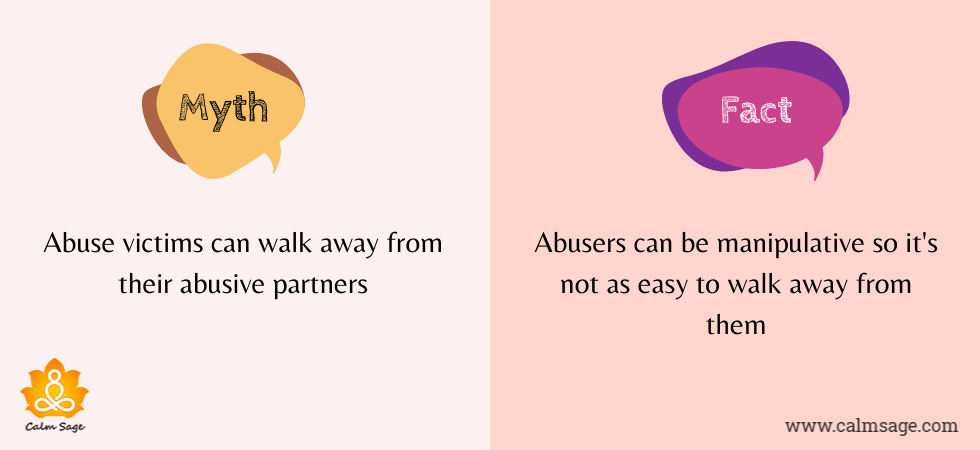Nutritional Therapy For Mental Health Issues: Is It Really Worth?
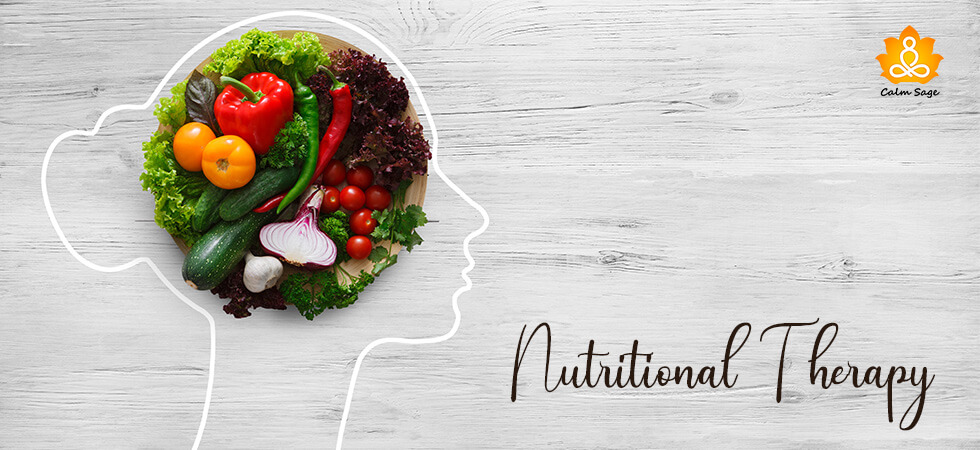
Nutritional therapy is a newly-researched way of treating mental health disorders and related issues. You must be wondering how nutrition can improve mental health? Well, do you know there is an indestructible link between nutrition and mental health?
If I talk about basics, we all know that physical health and mental health are related to each other. If you will improve one, the other one will be improvised accordingly. While comparing nutrition with psychotherapy is the most effective way of promoting recovery as nutritional therapy has gained interest worldwide due to its efficacy and recovery results.
This blog covers how effective nutritional therapy is and the connection between them.
So, let’s get started.
Introduction to Nutritional Therapy
Nutritional therapy is the part of nutritional psychology wherein the therapist basically looks over nutrients to improve the behavior and mood of the client. Nutritional therapy is basically taken up by a psychiatrist or a therapist along with a nutritionist for better recovery and efficacy.
Nutritional therapy came into research and application because its evidence provided high insight into the relationship between biochemical functions and various micronutrients. As per research, nutrition is seen as an important factor for the improvement of mental health.
It not just only improves mental health but also improves the efficacy of treatments that are applied to the client for better recovery.
Reducing Symptoms with Adequate Nutrition
Minerals and vitamins are known as micronutrients. Micronutrients do not provide energy however, they are considered to be an important part of nutrition. Moreover, they balance the biochemical and metabolic processes of the body.
We all know that deficiency of micronutrients causes various illnesses in the body. It does not only impact physical health but also impacts mental health. This is the reason why vitamins and a proper diet are suggested even during the treatment of mental health. For the clients who are experiencing mental health issues, deficiency of a certain vitamin or vitamins is more pronounced. In many cases, this cannot be completely understood.
However, with the right approach and research, providing dietary supplements can help to reduce symptoms related to mental health disorders. Like, there is a link between depression and Vitamin D. The appropriate amount of nutrition does not only treat depression but also helps with major disorders like bipolar disorder, schizophrenia, and clinical depression.
Disorders That Can Be Resolved With Nutrition Therapy
1. Bipolar disorder
According to the research, it has been provided that we can trace the deficiency of mineral vanadium (a mineral responsible for causing bipolar disorder).
Moreover, deficiency of Vitamin C is also tested as these vitamins and minerals are helpful for decreasing the major signs and symptoms of bipolar disorder. Moreover, deficiency of vitamin B is also related to almost 80% of cases of bipolar disorder.
2. Clinical Depression
Research shows that providing an adequate amount of magnesium helps in the recovery of clinical depression. Moreover, supplementation of Vitamin B is linked with the recovery of depression and it also improves mental health, overall mood, and behavior.
3. Schizophrenia
In a study, it has been proved that the consumption of nutritional supplements works as an antipsychotic medication for treating schizophrenia.
The researchers also found the link between Vitamin B9 with schizophrenia. Therefore, providing an adequate amount of folate can help in reducing symptoms of schizophrenia. Also, it works as an antipsychotic therapy tool.
4. Obsessive-Compulsive Personality Disorder
It has been researched in a study that OCPD is caused by a deficiency of some minerals and vitamins. However, this can be achieved with the help of a herb named St. John’s wort.
Using Nutrition as a Therapeutic Tool:
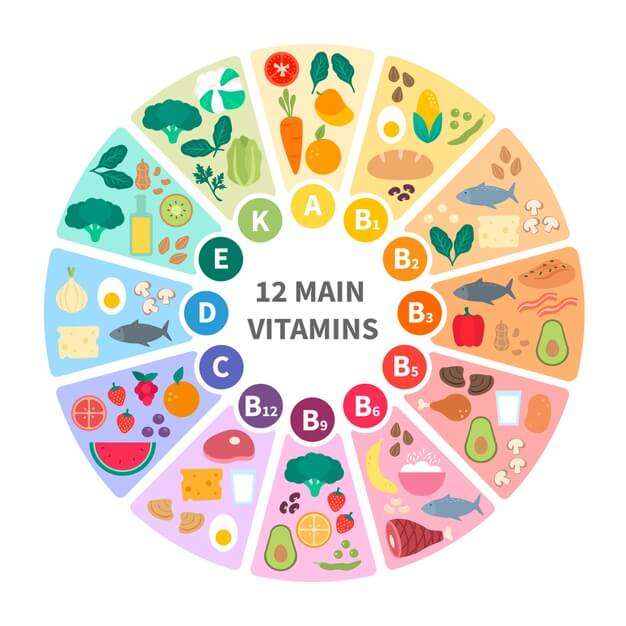
As of now, Omega-3 fatty acid is known to be an effective therapeutic tool. However, there are various types of omega-3 fatty acids but eicosapentaenoic acid (EPA) and docosahexaenoic acid (DPA) are known to be the two most effective fatty acids. They both are found in fish naturally and they are also required for healthy body functioning.
researches state that both omega-3 fatty acids can be used for various mental health issues. studies also show that the consumption of fish in a daily diet reduces the risk of mental health disorders. Omega-3 fatty acids can be used for various mental health disorders like major depression, bipolar disorder, OCPD, and more.
You can easily get nutritional therapy with the help of a professional therapist and nutritionist. Just make sure that you’re booking appointments with the legit ones.
I hope this blog helps you to learn about nutrition therapy. Comment down and share your views on nutritional therapy. For more such content, follow Calm Sage on all social media platforms.
Thanks for reading!


